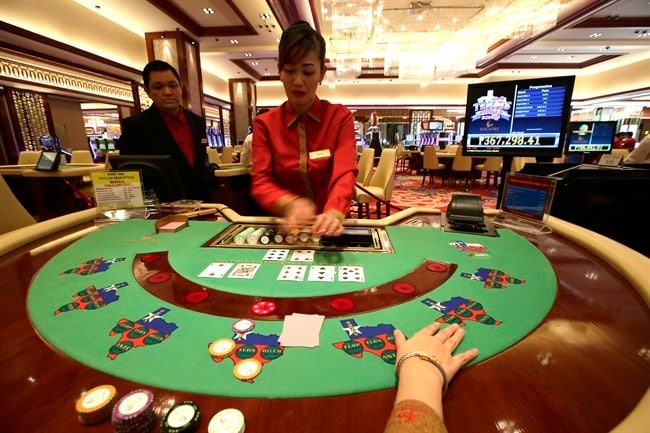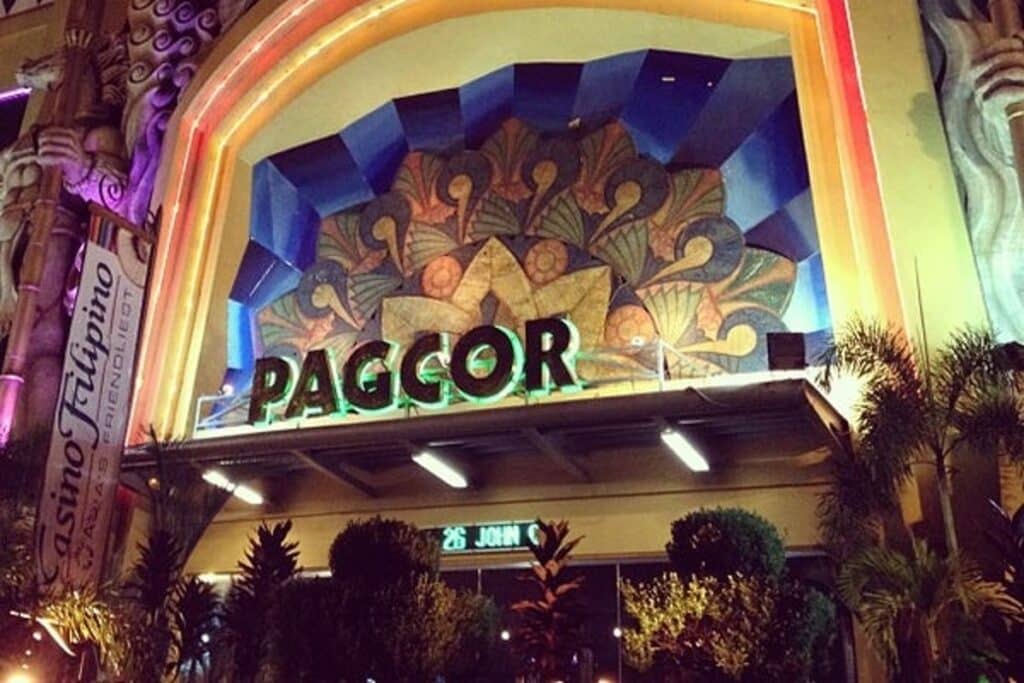Comparing PG Soft and JILI Gaming: A 2025 Perspective
The online gaming industry in the Philippines is on an upward trajectory, with significant growth expected through 2025. As more players dive into the world of online casinos, it’s essential to compare leading providers such as PG Soft and JILI Gaming. For detailed insights into this evolving landscape, you can find more information here.
PG Soft: Innovation and Popularity
PG Soft, or Pocket Games Soft, has made its mark in the online gaming market, particularly in the Philippines. Established in 2015, it has expanded its portfolio to over 100 visually stunning games by 2025. The company’s innovative approach focuses on mobile gaming, aligning with trends where around 60% of players in the Philippines prefer gaming on their smartphones. Furthermore, PG Soft is expected to capture a market share of approximately 35% by 2025, thanks to attractive bonuses that can reach up to 150%, making it appealing for new players.
JILI Gaming: Emerging Contender
In contrast, JILI Gaming, founded in 2018, is quickly gaining traction. With a diversified offering of over 80 games, JILI is progressively establishing its brand in the Philippine market. Projections indicate that their market share may rise to about 20% by 2025, fueled by immersive gameplay and generous bonuses up to 200%. JILI targets a broader audience with compelling features that are becoming increasingly popular among younger players.
Player Preferences and Growth Trends
As of 2025, the online gaming community in the Philippines is expected to grow to around 12 million players. This increase presents both challenges and opportunities for both PG Soft and JILI Gaming. Player preferences are shifting towards immersive experiences and community-driven gaming, creating a competitive environment for both providers. PG Soft’s focus on RP-driven gameplay and JILI’s attention to innovative features are crucial aspects that will likely define their success.
Regional Regulations and Future Prospects
The Philippine Amusement and Gaming Corporation (PAGCOR) plays an essential role in regulating online gaming. By 2025, the regulatory framework is anticipated to tighten, emphasizing player safety and responsible gaming. Both PG Soft and JILI Gaming are gearing up to meet these challenges, ensuring they comply with local regulations while continuing to innovate and expand their offerings.
Conclusion: A Diverse Gaming Ecosystem
The competition between PG Soft and JILI Gaming illustrates the dynamism and potential of the online gaming industry in the Philippines. With trends favoring mobile gaming, immersive experiences, and stringent regulations, both companies are strategically positioning themselves for growth. As the sector continues to evolve leading up to 2025, it will be fascinating to see how these providers adapt to the changing landscape, thus shaping the future of online gaming in the Philippines.



